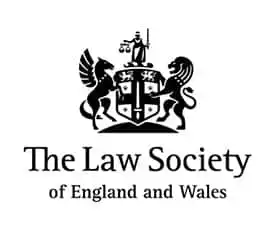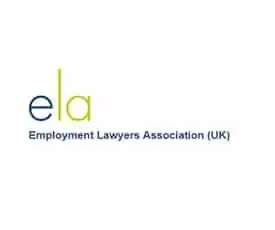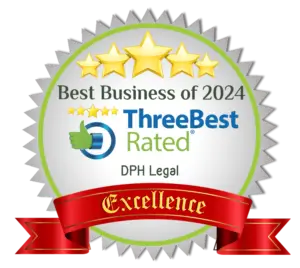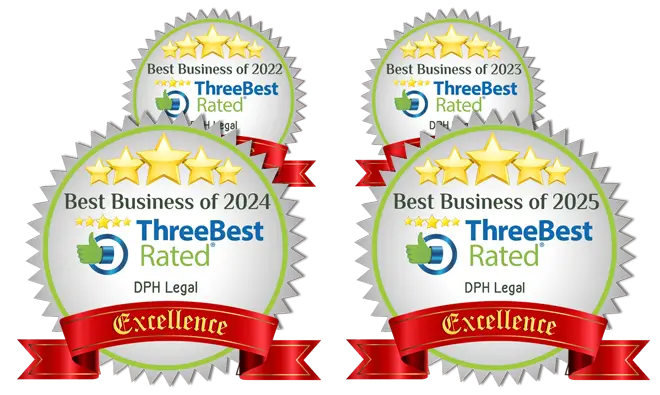
Dispute Resolution and Litigation Solicitors
We’re a team of calm, confident and cost-conscious employment lawyers. Call us today on 01793 296581
Talk to a lawyer todayIs dispute resolution the same as litigation?
No, but they do have similarities. Litigation settles a dispute in court. Alternative Dispute Resolution (ADR) consists of mediation and arbitration that doe not require a court judge to resolve the matter. There are many solicitors that can act as mediators to help guide two parties to an amicable resolution.
“Dispute resolution” refers to the process or processes followed in bringing together parties that are in disagreement. There are several dispute resolution mechanisms that can be taken to resolve disagreements. Dispute resolution can either be done in a court of law through litigation or out-of-court through Alternative Dispute Resolution (ADR) mechanisms.

Dispute resolution in court
If the parties involved in a dispute cannot come to an agreement out of the court, the easiest way to solve the dispute is through the arbitration of the courts through a process known as litigation.
In litigation, the aggrieved party usually hires a lawyer who then files the requisite court documents in the appropriate court district. Once the case is mentioned before a judge, the court usually has a jury that is mandated to listen to the arguments of both parties (plaintiff and defendant) before coming up with a ruling on the case. When a dispute is resolved through litigation, there is only usually one winner. The winner is usually the party who provides the strongest argument to back up their case in the eyes of either the judge or jury panel.
Alternative dispute resolution mechanisms
ADRs are methods of resolving a dispute that does not require either of the parties in a case to go before a court of law. In all instances, ADRs are usually in place to provide a framework for the interested parties in a case to resolve their duties amicably without involving the courts
Types of ADRs
Negotiation
Negotiation is an informal method of resolving disputes. Under this method, aggrieved parties usually identify the issue bringing an impasse in their dealings and then find a way to resolve the issue through talking.
One of the biggest benefits of negotiation as a way of resolving disputes is that it gives both parties a lot of flexibility in resolving their outstanding issues.
Note that for negotiation to work, both parties have to agree to be available to discuss the issue that needs fixing, be honest, and, they also need to approach the issue at hand with a lot of transparency.
Mediation
When resolving disputes through mediation, the parties tussling over an issue usually look for a NEUTRAL third party (mediator) to facilitate the talks on how to resolve the standoff at hand.
Mediation can either be done formally or informally.
In informal mediation, both parties can settle on a mediator that they both know for example a friend or trusted advisor to facilitate the talks especially when it comes to matters pertaining to family law.
In formal mediation, both parties can settle on a professional third party who has the training on how to negotiate settlements between feuding parties.
When resolving a dispute through mediation, it is important to hire a mediator who brings some form of expertise that can help in settling the issue at hand. Further, the mediator must be neutral in the dispute since their work is not to determine who is right or wrong rather their work is to help both parties find a solution that is mutually acceptable to all.
Arbitration
Arbitration as a method of dispute resolution works more like litigation except that the proceedings are more flexible than litigation. The arbitration process is usually handled by an individual who is agreeable to both parties. Both parties usually set rules for the arbitration process and both commit to abide by the decision made by the arbitrator.
Private judging
Under this form of dispute resolution, both parties usually give permission for a professional who is an expert on matters relating to the dispute at hand to resolve the outstanding issue. Examples of professionals who can be engaged include a former judge or lawyer.
On listening to the issue at hand, the professional handling the matter usually renders a judgement that is legally binding to both parties.
Choosing a dispute resolution mechanism
Some of the considerations you should keep in mind when choosing a dispute resolution mechanism include:
- Time
- Cost
- Confidentiality of the matter at hand
- Need to retain relationships
Dispute resolution can help with property disputes, and family or business issues.
What Can We Help With?
- Settlement and compromise agreements
- Unfair dismissal advice
- Employment tribunal advice
- Discrimination claims
- Redundancy advice
- Breach of contract
- Advice on maternity and paternity leave
- Book A Free Consultation
- Understand Your Situation
- Know Where You Stand
Our 3 Step Process
Book A Free Consultation
This complimentary consultation allows our employment solicitors to understand more about your specific situation so we can provide you with the best advice possible.
We’ll lay out your options and will advise you upfront of any costs involved.
Our 3 Step Process
Understand Your Situation
Understanding your unique situation will help us to understand how we can help you move forward with more clarity.
Although everyone’s situation is unique, we’ve most likely dealt with similar scenarios before.
Our 3 Step Process
Know Where You Stand
Whether that’s pursuing unfair dismissal, negotiating a larger settlement agreement, starting a claim for discrimination or simply having peace of mind.
We’ll help you feel clearer and more settled.

0 / 127
5 star reviews

0 / 50
5 star reviews
Yell.com

0 / 231
5 star reviews
ReviewSolicitors
Client Feedback
We have formed many long-lasting relationships by listening to feedback and understanding our clients’ needs. Our employment law advice provides exceptional care and tailored support.
Award Winning Service
Our award-winning legal services are recognised for excellence, professionalism, and client success. We provide tailored strategies with a focus on precision, integrity, and results.
Contact a Lawyer Today
Davidson House,
Forbury Square,
Reading, Berkshire,
RG1 3EU
0118 914 5622
info@dphlegal.com









